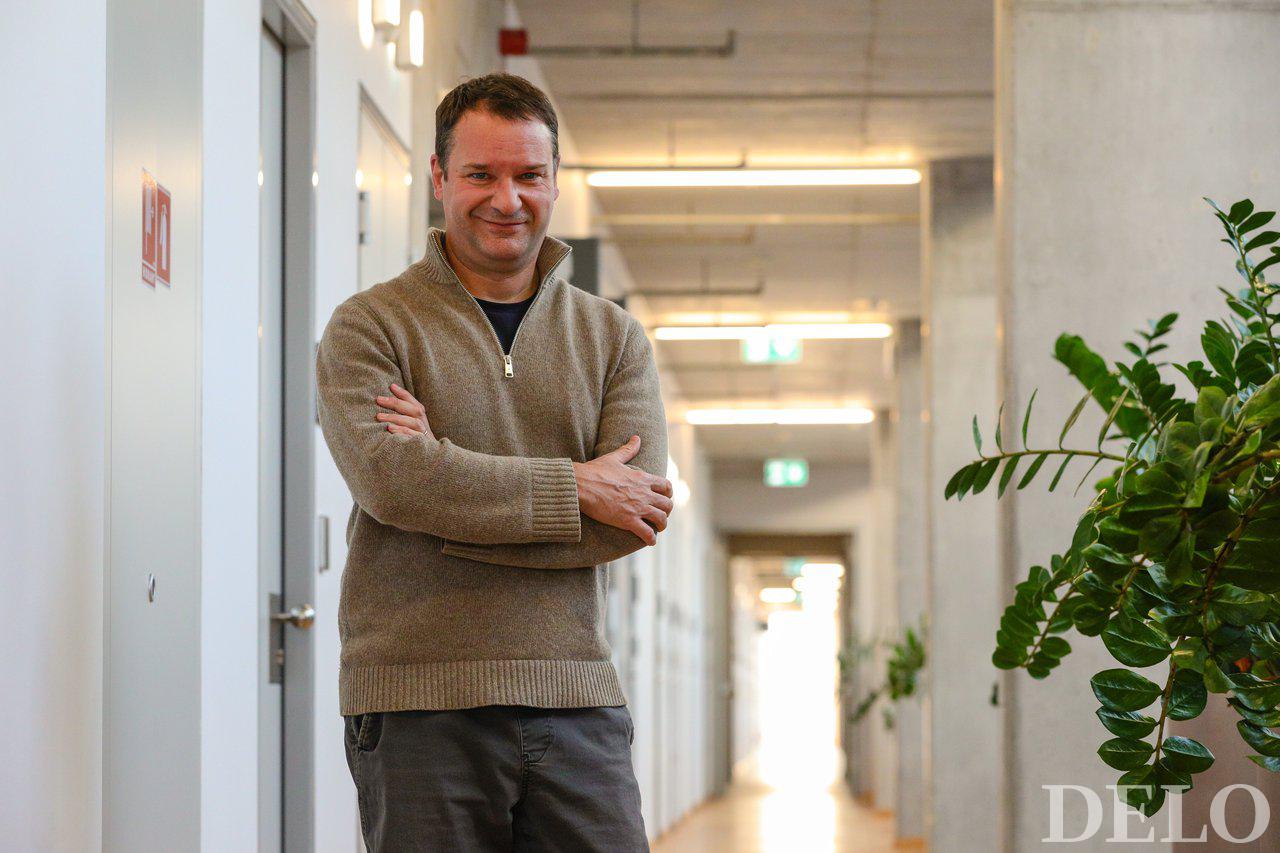
What is Artificial Intelligence?
What is artificial intelligence, its use, and when can its use become abuse? Prof. dr. Blaž Zupan, a lecturer at the Faculty of Computer and Information Science in Ljubljana, who has long been working in the field of data science, machine learning and artificial intelligence, discussed this topic, as well as the Orange program, for an article in Delo, in January 2022.
There are many perceptions about artificial intelligence. However, these ideas are not necessarily accurate, especially if they are based on fear fuelled by ignorance. The article presents some reflections of interlocutors called Anja and Peter. There is a sense of fear in their ideas about artificial intelligence. For instance, they worry about the uneasy relationship between tiny and powerless humans, and technology on the other side, such as robots that “in the future, will be able to think for themselves”, while human fallibility will be the target of their superior power. At the end, Miha calms their fears, reassuring Anja and Peter that AI mostly concerns processing data. He explains that the results produced by AI systems and tools might give the impression that they are intelligent results, yet this is not necessarily the case.
This journalistic piece clearly shows that the answer to the AI technology related fears lies in education. It is precisely because of this that Prof. dr. Blaž Zupan and Prof. dr. Janez Demšar, both lecturers at the Faculty of Computer and Information Science in Ljubljana, have long been investing time into teaching the general public about AI, regardless of the people’s age or background.
Prof. Zupan argues that a better understanding of AI is needed: this is important because, together with biotechnology, AI will impact and shape the 21st century. Another reason is that any technology we do not understand can easily be used against us. According to Blaž Zupan, the data that AI algorithms use for its operations is the new oil but at the moment, the only ones with real knowledge and understanding of it, are in most cases people who deal with data and data technologies on a daily basis. Zupan brings to mind a high-profile case from a few years ago, when the founder of Facebook (now Meta) Mark Zuckerberg, testified to the US Congress about data exploitation. In Zupan’s words, it was painful to watch how little the congressmen and the interrogators knew and understood about data exploitation.
However, the concept behind artificial intelligence is not necessarily that complex and difficult to understand. This can be seen in the example of a project designed by Blaž Zupan and his colleague Janez Demšar to introduce learning about AI to primary school students. In the project, fourth and fifth grade students can learn about the principles of artificial intelligence through activities in which they, for instance sort leaves belonging to different tree types. Students collect leaves from different trees, take photos of them, and upload the photos to a computer, where in a suitable environment, they set up a process that learns to identify the type of trees based on the images of the leaves.
Professors Zupan and Demšar, together with several colleagues, also lead the development of the data mining tool Orange. The tool makes it easy to combine various machine learning processes and use them on a chosen set of data. It features graphical representations of data and clear, easily understandable visualizations. Another important feature of Orange is that it makes it simple to explain how the results were obtained. The program is and will continue to remain open source, as this is what allows its widespread use in education, which is one of the main goals behind it.
In conclusion, prof. Zupan explains his own understanding of artificial intelligence. According to him, AI is “a set of computational procedures and algorithms that allow a computer to use data to come to conclusions or actions in a way that we perceive as intelligent, similar to what a human would do”.
Taken from “Umetna inteligenca je samo orodje, kot kladivo,” Senica, S., 30. 1. 2022. Photo: Črt Piksi for Delo.